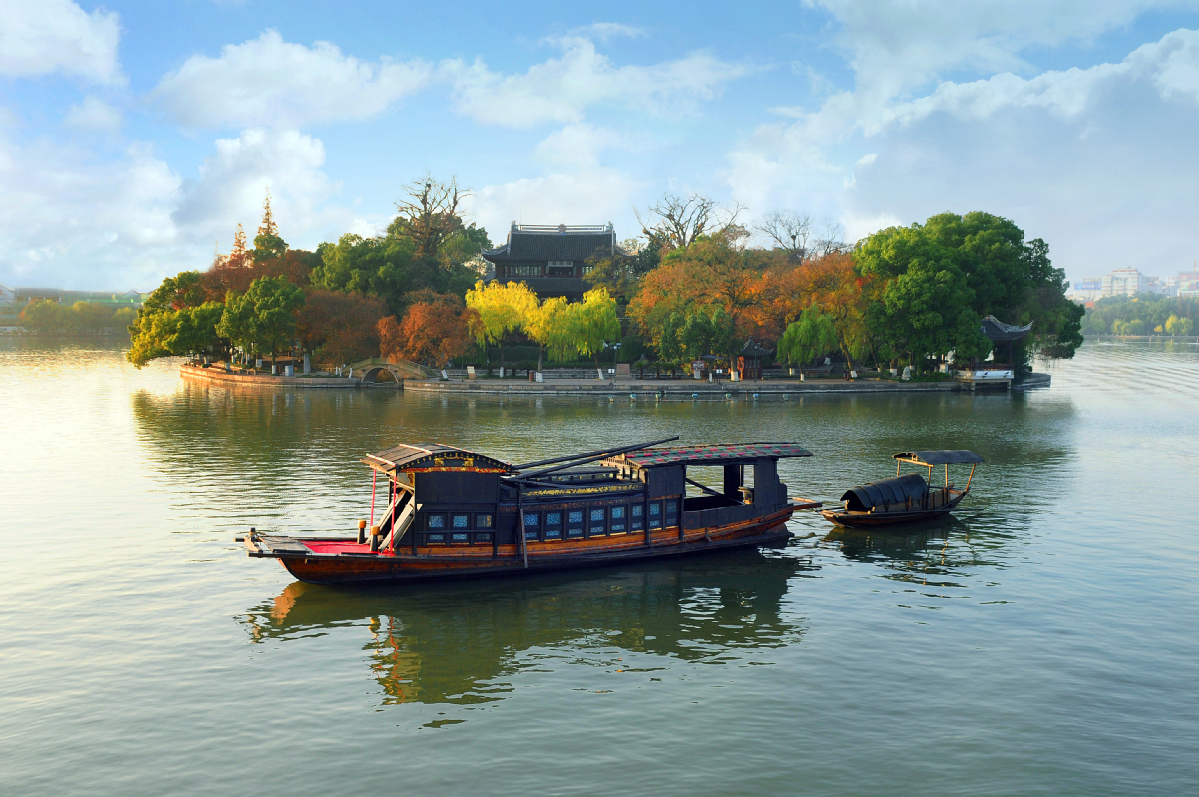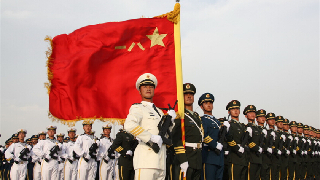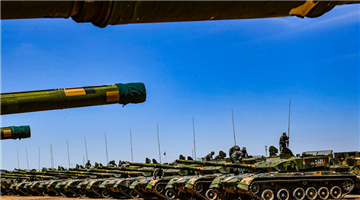
As the world's largest Marxist ruling political party, the Communist Party of China, celebrates the 100th anniversary of its founding this year, many people, including me, have asked how it has been able to survive for a century.
One hundred years ago, the Party concluded its first national congress on a small boat on Nanhu Lake in Jiaxing, Zhejiang province, after the delegates were harassed by police in Shanghai.
Last month, I paid a visit to the Nanhu Revolutionary Memorial Hall, where the scene of the meeting is vividly reproduced in the cabin of a replica of the small boat.
When the delegates, who had an average age of 28, announced the founding of the CPC with determined looks on their faces, a radiant virtual sun rose above the boat at the museum and the well-known socialist anthem The Internationale rang out.
Suddenly, I felt my eyes blurred by tears, since we now know that the century-long journey starting in 1921 was by no means an easy one.
Despite the existence of many other contending political parties and organizations, the small CPC, with only around 50 members across the country at first, went on to overcome so many difficulties and challenges to bring a once impoverished and divided country and its people to where they are today.
On Thursday, I heard the tune of The Internationale again at Tian'anmen Square, but this time it was played by a military band as tens of thousands of people were gathering to commemorate the centenary of the CPC's founding.
Sitting among the masses who cheered and waved small flags in celebration of the Party's remarkable achievements, I know that even Thursday's gathering was a hard-won achievement.
Over the past year, the country and its people have, under the leadership of the CPC, managed to fight off the novel coronavirus and gradually resumed their normal pace of work and life.
That's when I realized that one of the secrets of the CPC's longevity and vitality must be knowing how to get through tough times.
Wu Zhiyong, a television documentary director who attended the gathering, told me the reason that he applied to join the Party was because he was greatly impressed by the resoluteness of CPC members when they dealt with difficulties.
Four years ago, when Wu made a documentary about the Long March of the Red Army, he learned about the heroic death of Chen Shuxiang, a 29-year-old commander who refused to surrender and killed himself by tearing open his bowels after being shot in the abdomen and captured by the enemy.
"The Party members who sacrificed their lives did not have the opportunity to see the country's future themselves, but it is admirable that they firmly believed the Party would bring good days to the people," Wu said.











